Generative AI’s ‘fear factor’ is dissipating as firms and employees alike acknowledge benefits
While lingering concerns over data privacy and ‘hallucinations’ persist, workers are warming to generative AI, Slack and Salesforce execs say


General hesitancy and negative perceptions of generative AI are beginning to dissipate as businesses and employees both come to see the value of the technology, Salesforce and Slack executives have said.
The comments came during a panel discussion at Dreamforce 2023 this week, with Slack CEO Lidiane Jones saying “it’s amazing how much it’s shifted over the last nine months”.
“I think as people - so leaders and employees - have started to try different things, the mystery is starting to shape into what’s really useful.”
Jones added that firms and employees alike are beginning to consider “how they can take part” in the current generative AI wave.
“What I’ve seen in the last few months is that leaders are trying to help their employees understand their own journeys with AI.”
Nathalie Scardino, interim chief people officer at Salesforce, echoed Jones’ comments and highlighted a growing appetite among its own employees based on the benefits of AI.
“I’ve seen a meaningful shift towards ‘how can I be a part of it’,” she said. “And that’s across the board - both leaders and employees. So it’s a really positive thing.”
Sign up today and you will receive a free copy of our Future Focus 2025 report - the leading guidance on AI, cybersecurity and other IT challenges as per 700+ senior executives
“The narrative is definitely shifting. In our employee base it’s now ‘how can I work AI’, but ‘how AI can work for me’,” Scardino added. “That’s a turning point.”
When ChatGPT, the first major generative AI tool to reach the wider population’s hands was launched in late 2022, the tool’s capabilities were something many had not seen before.
Conversations around its potential to replace jobs - a fear held by many people for years prior - quickly arose. Other major tech companies racing to develop their own equivalent technology and embed it as widely in their product portfolios as possible, also did nothing to quell those fears that AI was ‘taking over’ at an alarming rate.
RELATED RESOURCE
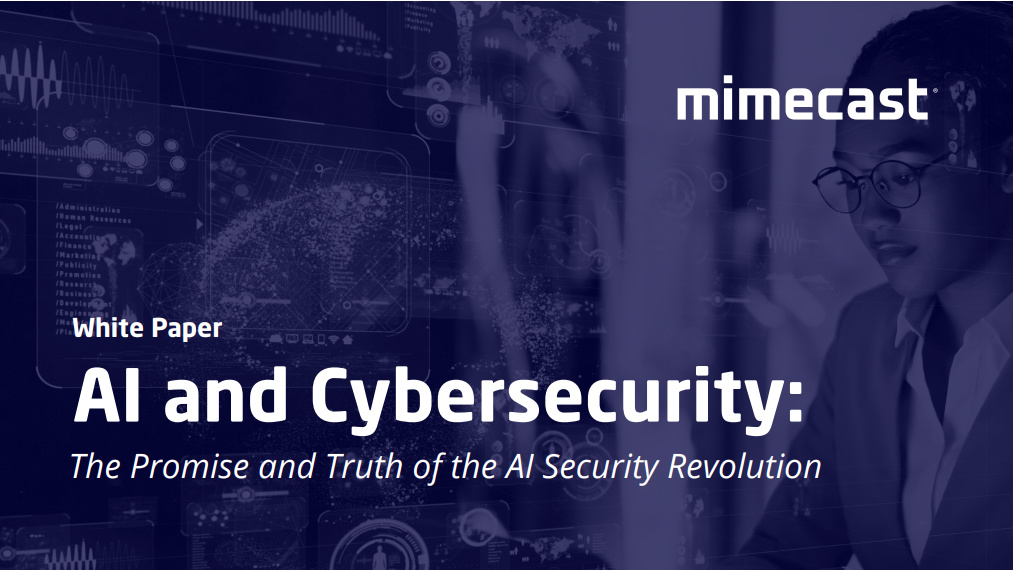
Learn about the AI and cyber security landscape, its benefits, and risks.
However, over time the current limitations of generative AI have become more widely understood, and there is a better understanding that in its current state of development, the technology will not be replacing many jobs entirely, at least in the short term.
Software engineering is an industry that has embraced generative AI with open arms in the last few years.
GitHub’s Copilot tool has revolutionized the way in which developers build projects, and professionals understand it’s not a tool that could write an entire website or application through text-based prompts alone. As AI experts have said for some time, generative AI tools are there to augment workers rather than replace them.
Slack itself has outlined its vision for embedding generative AI in its communications platform, including its ambitions to provide users with features such as meeting summaries and writing assistance.
With the value of generative AI being so apparent for businesses, the rapid uptake of the technology is likely to continue.
At present, publishers such as Future PLC, owner of the ITPro brand, have begun rolling out generative AI tools across their websites. For example, Tom’s Hardware has a generative AI-driven chatbot that allows readers to ask questions such as ‘what CPU is right for my PC build?’
Publishing was among the industries that were believed to be most at risk of displacement by the development of AI, but as Jones has said, those fears have started to dissipate as the understanding of the technology’s capabilities has grown.
Despite this, there is still evidence that major businesses are preparing for a widespread replacement of jobs by AI.
In May, BT announced a wave of job cuts that were described as “brutal” in a bid to automate a significant portion of roles at the telecoms giant.
IBM chief executive Arvind Krishna also revealed in the same month that around 7,800 staff in “non-customer-facing roles” could be replaced by AI at the firm in the coming years.
It’s also been claimed that up to 300 million jobs could be lost globally as organizations adopt tools and shed staff in an attempt to maximize profitability.
That’s according to research from Goldman Sachs. An additional finding from its report claimed that roughly 18% of work could become computerized and that workers in ‘advanced economies’ would be hit hardest by AI-linked job losses.

Ross Kelly is ITPro's News & Analysis Editor, responsible for leading the brand's news output and in-depth reporting on the latest stories from across the business technology landscape. Ross was previously a Staff Writer, during which time he developed a keen interest in cyber security, business leadership, and emerging technologies.
He graduated from Edinburgh Napier University in 2016 with a BA (Hons) in Journalism, and joined ITPro in 2022 after four years working in technology conference research.
For news pitches, you can contact Ross at ross.kelly@futurenet.com, or on Twitter and LinkedIn.
-
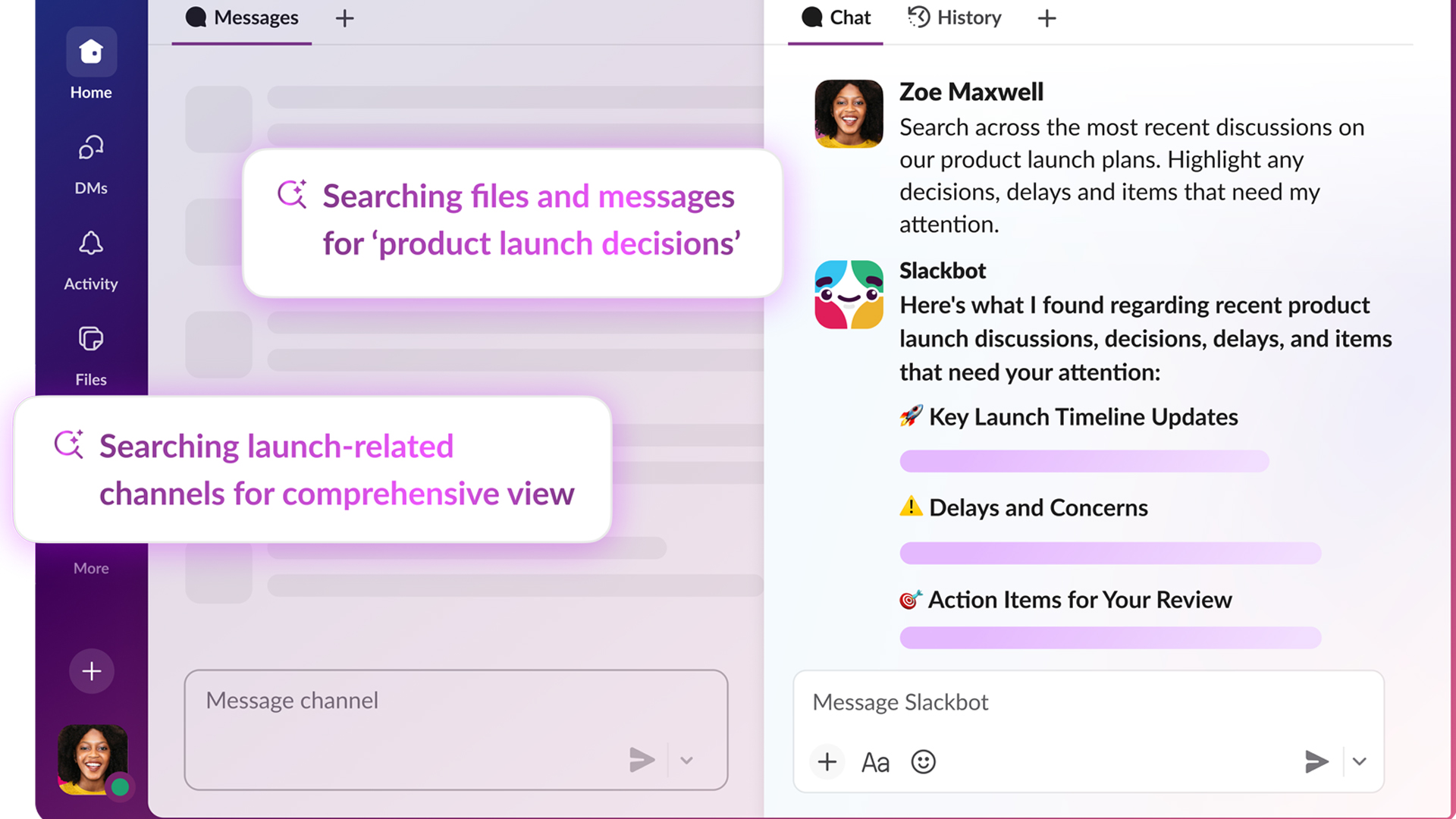 The AI-enabled Slackbot is now generally available – Salesforce says it could save more than a day’s work per week
The AI-enabled Slackbot is now generally available – Salesforce says it could save more than a day’s work per weekNews With an entirely overhauled model behind the chatbot, users can summarize channels and ask for highly personalized information
-
 'It's slop': OpenAI co-founder Andrej Karpathy pours cold water on agentic AI hype – so your jobs are safe, at least for now
'It's slop': OpenAI co-founder Andrej Karpathy pours cold water on agentic AI hype – so your jobs are safe, at least for nowNews Despite the hype surrounding agentic AI, OpenAI co-founder Andrej Karpathy isn't convinced and says there's still a long way to go until the tech delivers real benefits.
-
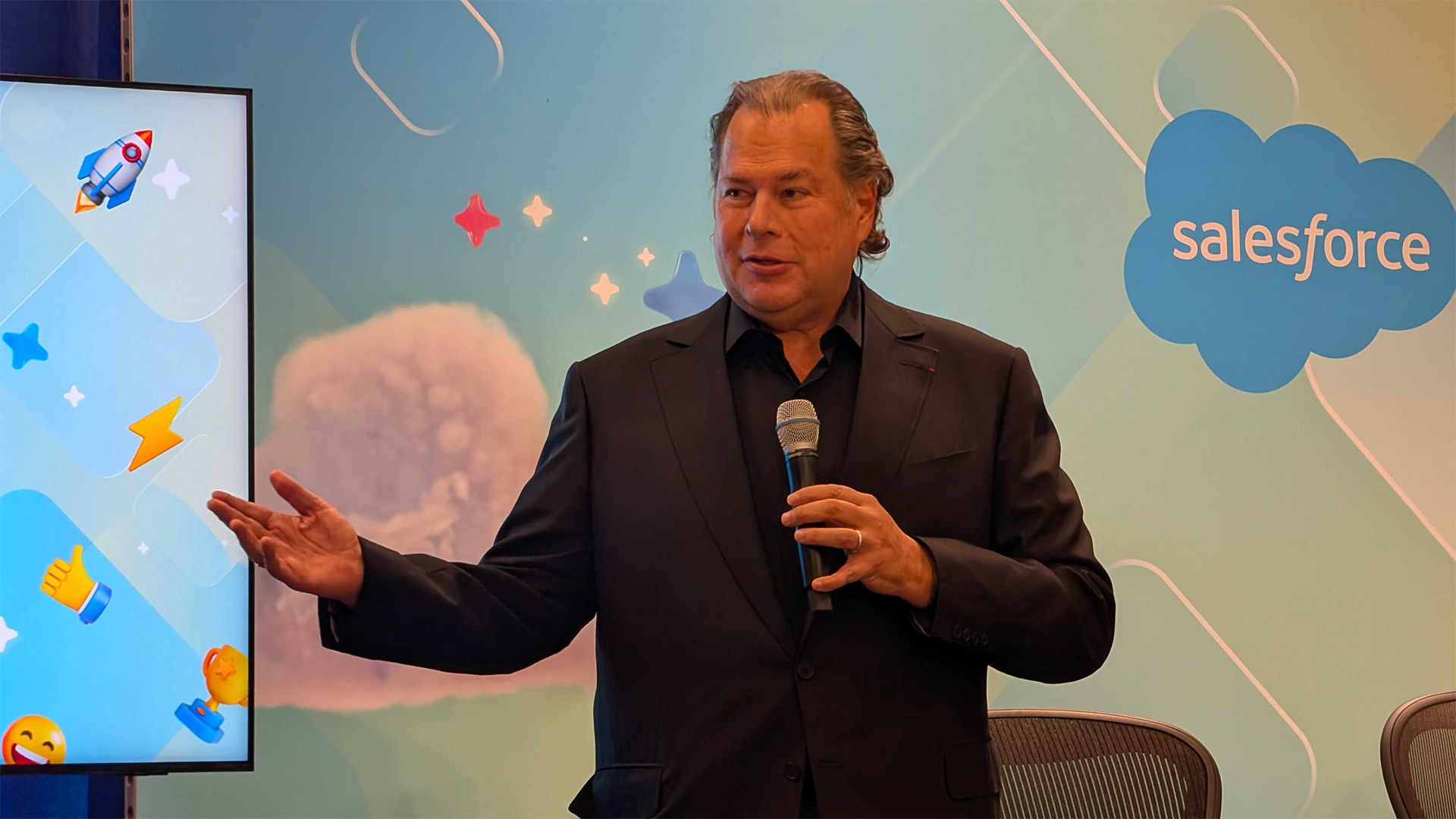 ‘I don't think anyone is farther in the enterprise’: Marc Benioff is bullish on Salesforce’s agentic AI lead – and Agentforce 360 will help it stay top of the perch
‘I don't think anyone is farther in the enterprise’: Marc Benioff is bullish on Salesforce’s agentic AI lead – and Agentforce 360 will help it stay top of the perchNews Salesforce is leaning on bringing smart agents to customer data to make its platform the easiest option for enterprises
-
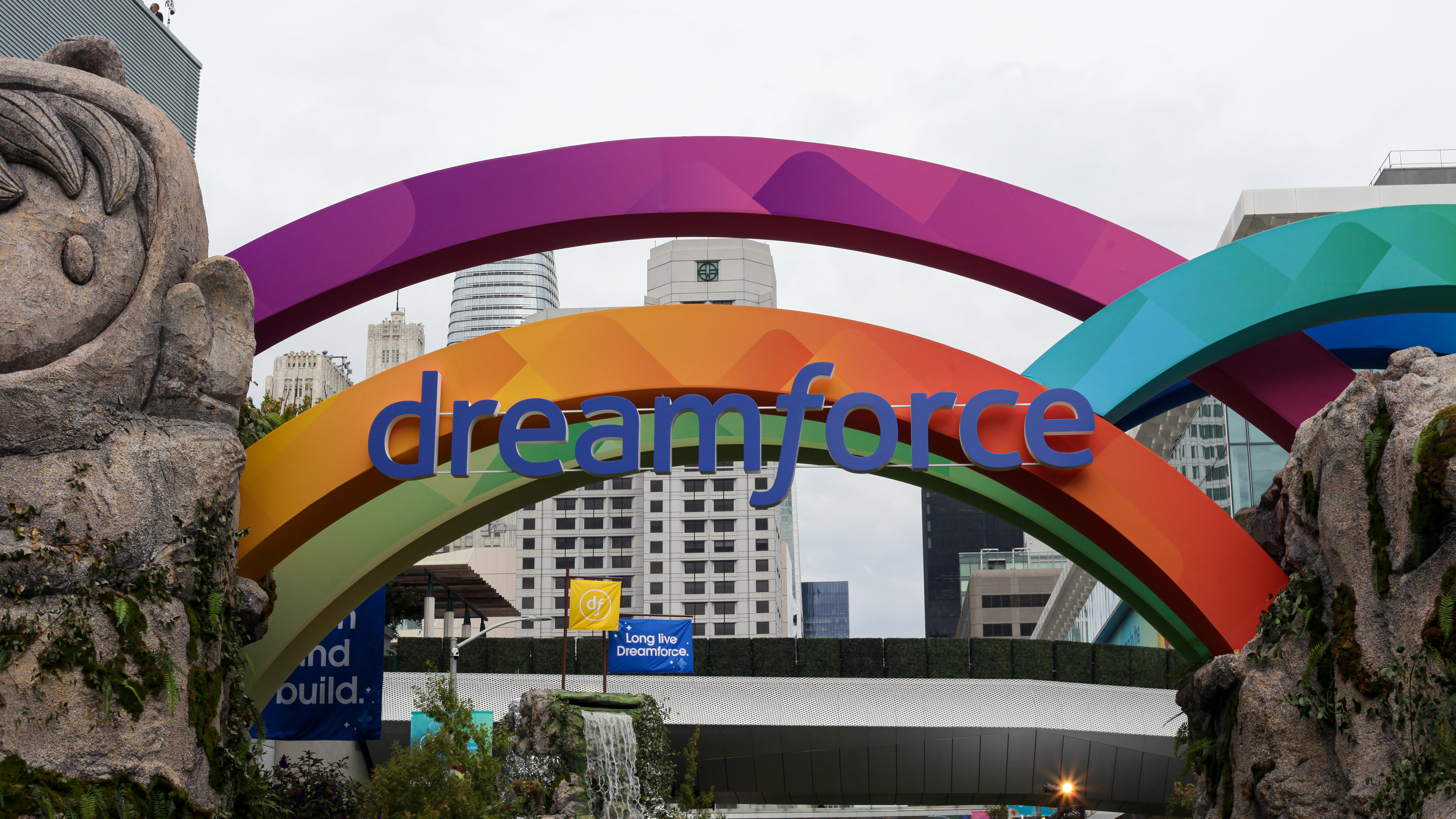 Dreamforce 2025 live: All the latest updates from San Francisco
Dreamforce 2025 live: All the latest updates from San FranciscoNews We're live on the ground in San Francisco for Dreamforce 2025 – keep tabs on all of our rolling coverage from the annual Salesforce conference.
-
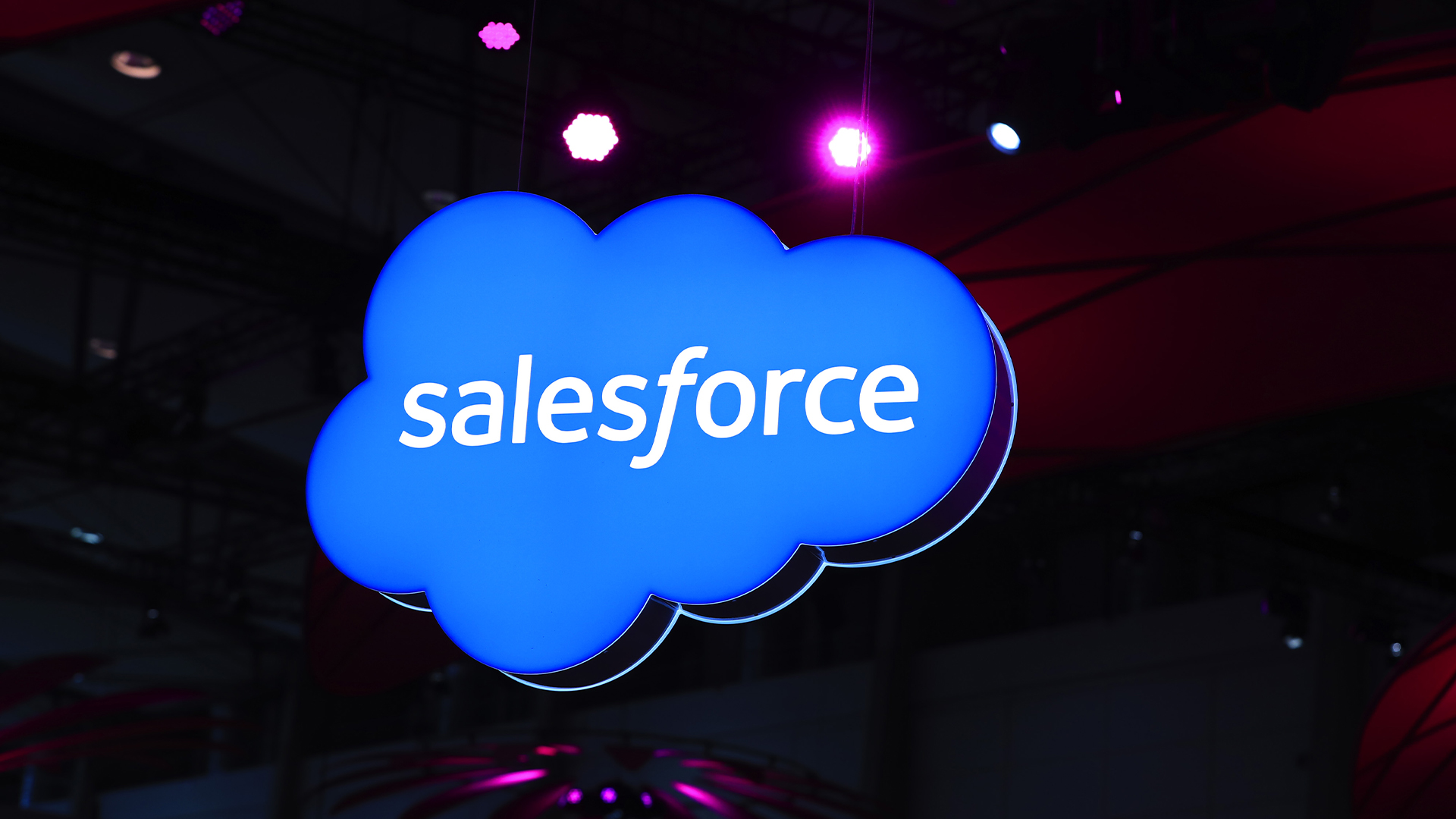 Salesforce just launched a new catch-all platform to build enterprise AI agents
Salesforce just launched a new catch-all platform to build enterprise AI agentsNews Businesses will be able to build agents within Slack and manage them with natural language
-
 Salesforce CEO Marc Benioff says the company has cut 4,000 customer support staff for AI agents so far
Salesforce CEO Marc Benioff says the company has cut 4,000 customer support staff for AI agents so farNews The jury may still be out on whether generative AI is going to cause widespread job losses, but the impact of the technology is already being felt at Salesforce.
-
 ‘Humans must remain at the center of the story’: Marc Benioff isn’t convinced about the threat of AI job losses – and Salesforce’s adoption journey might just prove his point
‘Humans must remain at the center of the story’: Marc Benioff isn’t convinced about the threat of AI job losses – and Salesforce’s adoption journey might just prove his pointNews Marc Benioff thinks fears over widespread AI job losses may be overblown and that Salesforce's own approach to the technology shows adoption can be achieved without huge cuts.
-
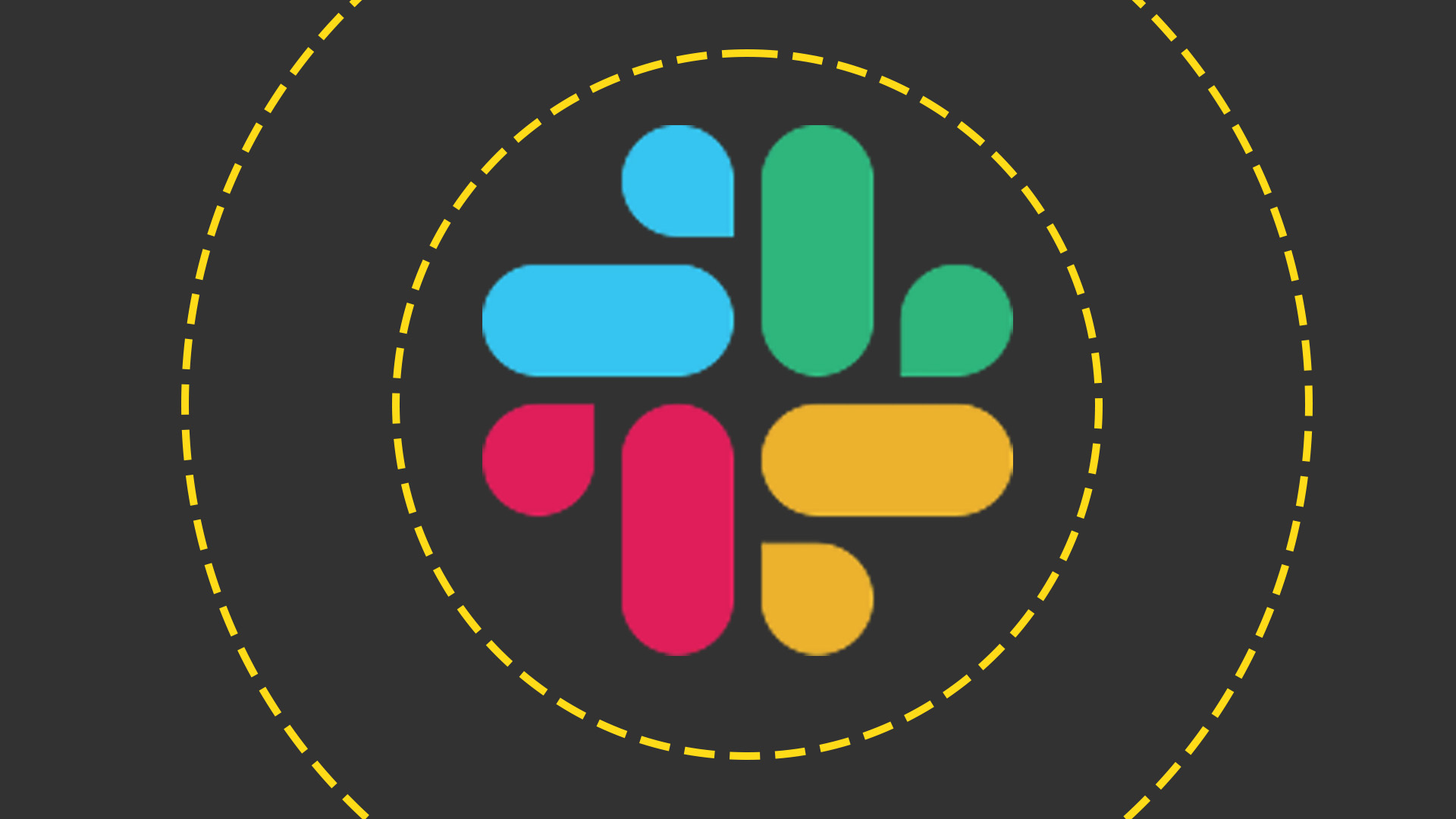 Get used to working with AI teammates in Slack
Get used to working with AI teammates in SlackNews The workplace collaboration app is all-in on AI agents

